By the grace of the gods Tome 1
Extraits

Shonen/garçon
By the grace of the gods Tome 1
01/2023

Shonen/garçon
By the grace of the gods Tome 2
01/2023

Shonen/garçon
By the grace of the gods Tome 6
09/2023

Shonen/garçon
By the grace of the gods Tome 3
03/2023

Shonen/garçon
By the grace of the gods Tome 4
05/2023

Shonen/garçon
By the grace of the gods Tome 7
11/2023

Livres 0-3 ans
The discovery of magic
09/2021

Histoire et Philosophiesophie
The Undergrowth of Science. Delusion, self-deception and human frailty
01/2000

Littérature française
Mehersthan Memoir (Meher Baba)
07/2017
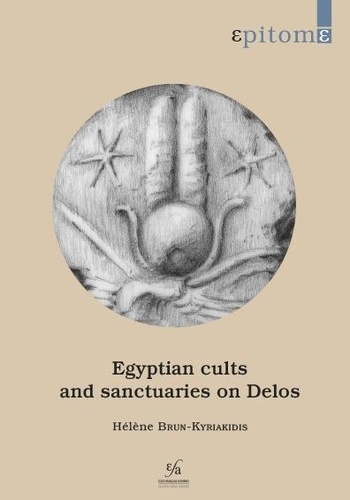
Antiquité - Généralités
Egyptian Cults and Sanctuaries on Delos
11/2021

Religion
Legal Friction
05/2010

Monographies
Hilma af Klint. The Five Notebook 1
01/2022

BD tout public
Doctor Gachet's portrait
01/2014

Histoire et Philosophiesophie
WHY SEX MATTERS. A Darwinian Look at Human Behavior
01/2000

Musique classique
Songs of Love. 12 Romances. 12 Lieder. Soprano (tenor) and piano.
12/2023

XXe siècle
Victory will be next ! A Diary, 6th June - 10th August 1944
03/2021
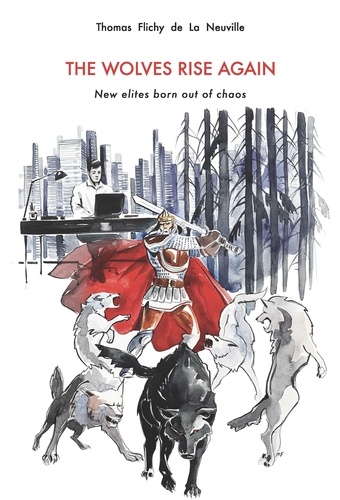
Ethnologie et anthropologie
The Wolves Rise Again. New elites born out of chaos
06/2022
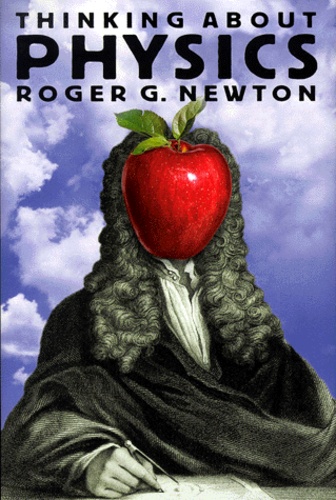
Histoire et Philosophiesophie
Thinking about Physics
01/2000
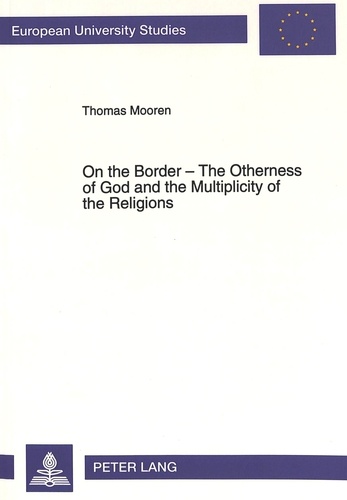
Histoire internationale
On the Border - The Otherness of God and the Multiplicity of the Religions
01/1994
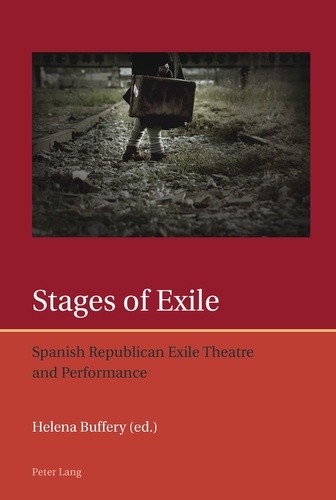
Non classé
Stages of Exile
09/2011

Humour
Super Pixel Boy Tome 1 : And the Bit Goes on. And the Bit Goes on
11/2022
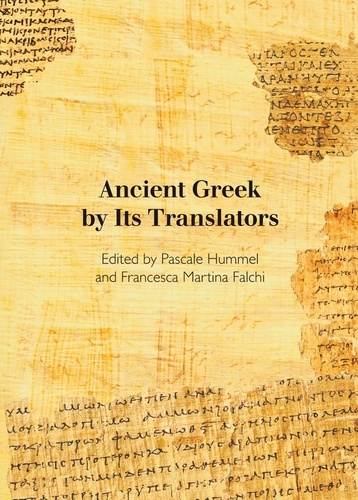
Critique littéraire
Ancient Greek by Its Translators
02/2022

Non classé
Brides on Sale
04/2015

Histoire internationale
Manufactories in Germany
12/1985

Non classé
Ruling Class Men
02/2007

Sciences politiques
The Structure of Political Communication in the United Kingdom, the United States and the Federal Republic of Germany
11/1987
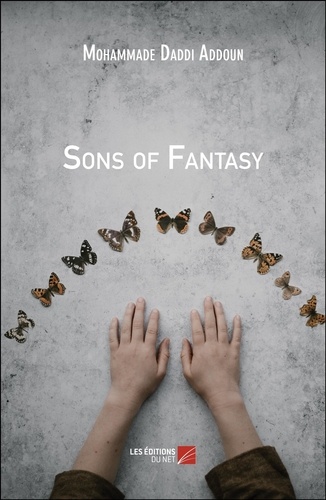
Littérature française
Sons of Fantasy
08/2018

Histoire et Philosophiesophie
Charles Darwin's Zoology Notes & Specimen Lists from H.M.S. Beagle
01/2000

Religion
Revelation and Theology
11/1999
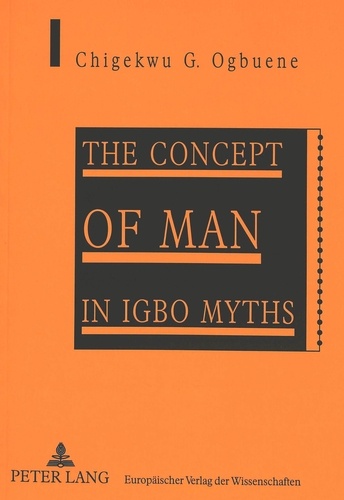
Non classé
The Concept of Man in Igbo Myths
11/1999


